What treatment
10+ Highly Rated Stem Cell Treatment for Diabetes Clinics in Croatia
Reach Out to These Certified Stem Cell Treatment for Diabetes Clinics List in Croatia Loved by Patients!
Poliderma Clinic
Overview
Poliderma Clinic in Zagreb, Croatia offers advanced stem cell therapy treatments. Trust our expert team for innovative care and exceptional results.
Read more detailsCellCenter - Stem Cell Therapy in Bratislava and Malacky, Slovakia
Overview
CellCenter in Slovakia, offers stem cell therapy for neurological, neuromotoric disorders, cardiovascular, autoimmune disorders, musculo-skeletal disorders, post traumatic injuries, and anti-aging.
Read more details
Center for Advanced Medicine in Frankfurt, Germany
Overview
Leading Regenerative Medicine Germany center in Frankfurt. Expert care in oncology, chronic diseases, neurological therapies, detox & integrative medicine.
Read more detailsMemorial Hospital Group
Overview
Memorial, with 12 hospitals & 8000+ staffs, treats over 85,000 patients from 170 countries. As Turkeys first JCI-accredited hospital, we set the gold standard for international medical care.
Read more detailsDiscover your treatment options with a free, no-obligation quote!
Get your quote now!Cellthera Clinic
Overview
Discover advanced stem cell therapies at Cellthera Clinic in Brno, Czech Republic. Specializing in orthopedics, cardiovascular, anti-aging, neurology, and more.
Read more detailsDr. Zacarias Galo Sanchez
Overview
Dr. Zacarias Galo Sanchez is the best Doctor in Madrid, Spain. Book online now Stem Cell Therapy for Joints, Stem Cell for Basal Joint Arthritis, and Stem Cell Therapy for Knee Arthritis at Dr. Zacarias Galo Sanchez.
Read more detailsEmCell Clinic
Overview
EmCell Clinic in Kyiv Ukraine is the world's pioneer clinic using fetal stem cell transplantation to successfully treat various diseases and conditions, including anti-aging treatment.
Read more detailsEmCell Stem Cell Therapy Center
Overview
EmCell Stem Cell Therapy Center in Kyiv, Ukraine offers advanced regenerative treatments for anti-aging, autism, heart disease, and more.
Read more detailsDiscover your treatment options with a free, no-obligation quote!
Get your quote now!Emsey Hospital
Overview
Emsey Hospital is the Best Hospital in Istanbul Turkey that has won JCI International Accreditation, and has the most complete medical facilities and experienced medical staff.
Read more detailsGeneis Genetik Hastalıklar Merkezi
Overview
Geneis has been providing advanced genetic diagnosis and treatment services since 2006. With our personalized,preventive,and regenerative medicine solutions,we take a holistic approach to your health.
Read more detailsMedicinski Center Crystal
Overview
Medicinski Center Crystal in Ljubljana, Slovenia, offers stem cell therapy, orthopedic surgery, anti-aging, skin care, gynecology, urology & heart care.
Read more detailsWarsaw Rehabilitation Clinic
Overview
Warsaw Rehabilitation Center is located in Warsaw, Poland. The clinic specializes in anti-aging therapy, exosomes medicine, BHRT and stem cells therapy, metabolic therapy.
Read more detailsYou Clinic
Overview
Discover You Clinic in Izmir, Turkey, offering advanced stem cell treatments for autism, Alzheimer, cerebral palsy, diabetes, Parkinson, and MS.
Read more detailsDr. Royenkos Medical Center
Overview
Dr. Royenkos’s Medical Center, located in Poltava, Ukraine, is one of Ukraine’s first licensed stem cell treatment clinics. Read more about the clinic's precise stem cell therapy treatment with updated vision and equipment.
Read more detailsGood Cells
Overview
Good Cells is a leading stem cell therapy clinic in Kyiv, Ukraine. Advanced stem cell treatments for arthritis, diabetes and more at affordable prices.
Read more detailsInfinity Clinic
Overview
Infinity Clinic is located in the beautiful Kiev, Ukraine. The Infinity Clinic specializes in stem cell therapy, sports rehabilitation, and anti aging.
Read more detailsInstitute of Cell Therapy
Overview
Institute of Cell Therapy in Kyiv, Ukraine, develops and implements the newest scientific achievements in the area of stem cells therapy to medical practice, uniting classic treatment methods and modern science-intensive biomedical technologies.
Read more detailsInstitute of Family Medicine PLUS
Overview
Institute of Family Medicine PLUS is a renowned stem cell therapy clinic, located in Kyiv Ukraine, that is fully accredited by the government and other institutions. For more than eight years the clinic has been offering a wide range of complementary treatments based on stem cells for a variety of medical conditions including liver disease, chronic fatigue syndrome, diabetes, erectile dysfunction,
Read more detailsKobinia Med
Overview
Experience advanced regenerative care at Kobinia Med in Vienna, Austria, specializing in innovative stem cell therapy to treat a variety of conditions.
Read more detailsMediland Clinic
Overview
Mediland Clinic's mission is to be at the forefront of scientific research protocols for using and cultivating different types of stem cells.
Read more detailsWhich are the best clinics for Stem Cell Treatment for Diabetes in Croatia?
When exploring stem cell treatment options for diabetes in Croatia, Poliderma Clinic in Zagreb is a notable facility specializing in advanced stem cell therapies. They offer innovative care for various conditions, including potential applications for diabetes management. It's crucial to research their specific protocols for diabetes, patient testimonials, and physician expertise to ensure alignment with your health needs and expectations.
Choosing a clinic for specialized treatments like stem cell therapy for diabetes involves looking beyond just location. For Croatia, Poliderma Clinic stands out as a provider of advanced regenerative medicine. To make an informed decision, consider the following:
- Specialization in Diabetes: Verify the clinic's specific experience and success with stem cell applications for different types of diabetes (Type 1, Type 2, gestational diabetes).
- Treatment Protocols: Inquire about the exact stem cell sources (e.g., adipose-derived, bone marrow, umbilical cord) and the methods of administration used for diabetes patients.
- Accreditation and Licensing: Ensure the clinic is fully licensed and accredited by relevant Croatian and international health authorities, adhering to strict medical and ethical standards for regenerative therapies.
- Comprehensive Care: Look for clinics that offer a holistic approach, including thorough pre-treatment evaluations, personalized treatment plans, and structured post-treatment follow-up.
What qualifications should I look for in a Stem Cell Diabetes clinic in Croatia?
When selecting a stem cell diabetes clinic in Croatia, prioritize medical professionals with backgrounds in endocrinology, immunology, or regenerative medicine, ideally with specific training in stem cell applications for diabetes. Look for board certifications, extensive experience, and affiliations with research institutions, ensuring they adhere to high ethical and clinical standards for patient safety and efficacy.
Identifying qualified practitioners is paramount for stem cell therapies. Key qualifications for clinics offering stem cell treatment for diabetes in Croatia include:
- Medical Specialization: Physicians should hold board certifications in relevant fields like endocrinology, internal medicine, or regenerative medicine.
- Stem Cell Expertise: Look for doctors who have specialized training and demonstrable experience in stem cell transplantation and regenerative protocols, particularly concerning metabolic diseases like diabetes.
- Research & Innovation: Clinics actively participating in or contributing to scientific research in diabetes and stem cell therapy often signify a commitment to advanced, evidence-based practices.
- Multidisciplinary Team: The presence of a team including endocrinologists, nutritionists, and rehabilitation specialists ensures comprehensive patient care for diabetes management.
How do stem cell therapies for diabetes work in clinics?
Stem cell therapies in clinics for diabetes typically aim to repair or replace damaged pancreatic beta cells, improve insulin sensitivity, or modulate the immune system in Type 1 diabetes. These treatments involve extracting, processing, and reintroducing stem cells (often from bone marrow or adipose tissue) into the patient, promoting regeneration and potentially restoring metabolic function for improved blood glucose control.
The core mechanism behind stem cell treatments for diabetes revolves around their regenerative and immunomodulatory properties.
- Cell Replacement/Repair: Stem cells can differentiate into insulin-producing beta cells, helping to replenish those lost or damaged in Type 1 diabetes, or improve the function of existing cells in Type 2 diabetes.
- Immune Modulation: In Type 1 diabetes, certain stem cells, like mesenchymal stem cells (MSCs), can help suppress the autoimmune attack on pancreatic beta cells, potentially preserving residual insulin production.
- Tissue Regeneration: Stem cells release growth factors and anti-inflammatory molecules that can improve the microenvironment of the pancreas, enhance blood vessel formation, and reduce insulin resistance.
- Administration: Procedures usually involve intravenous infusions, or direct injections into specific areas, like the pancreas, depending on the chosen protocol and type of diabetes.
What types of diabetes are treated with stem cells in clinics?
Stem cell clinics primarily investigate treatments for Type 1 Diabetes and Type 2 Diabetes. For Type 1, therapies focus on halting autoimmune destruction and regenerating insulin-producing cells. For Type 2, the goal is often to improve insulin sensitivity, reduce inflammation, and enhance pancreatic beta-cell function, offering promising avenues for improved blood glucose regulation in both forms of the condition.
Stem cell research and clinical applications for diabetes are dynamic, targeting different pathophysiological aspects of the disease:
- Type 1 Diabetes (T1D): Clinics often explore approaches to replace destroyed beta cells and/or modulate the immune system to prevent further autoimmune attacks. This is critical for patients whose bodies no longer produce insulin due to immune system dysfunction.
- Type 2 Diabetes (T2D): Treatments typically aim to improve the body's response to insulin (insulin sensitivity) and enhance the function of existing beta cells that may be overworked or impaired. Stem cells can also help reduce the systemic inflammation often associated with Type 2 diabetes.
- Early-Stage Diabetes & Complications: Some clinics also look at stem cells for early intervention or to address specific diabetes-related complications, such as diabetic neuropathy or retinopathy, although these are often secondary applications.
What patient safety measures do stem cell clinics in Croatia employ?
Reputable stem cell clinics in Croatia adhere to rigorous patient safety measures, including comprehensive patient screening, sterile laboratory practices for cell processing (GMP standards), and strict clinical protocols during administration. They also prioritize informed consent, continuous patient monitoring for adverse effects, and transparent reporting to ensure the highest level of care and minimize risks associated with innovative diabetes treatments.
Patient safety is paramount in any medical procedure, especially with advanced therapies like stem cell treatments. When evaluating clinics in Croatia, look for the following safety indicators:
- Rigorous Patient Screening: Clinics should conduct extensive evaluations to determine patient suitability, including medical history, current health status, and specific diabetes parameters, to minimize risks and ensure optimal outcomes.
- Sterile Processing & Quality Control: Adherence to Good Manufacturing Practice (GMP) standards for cell isolation, expansion, and storage is crucial. This ensures the purity, potency, and safety of the stem cells used.
- Experienced Medical Team: Treatment should only be administered by highly trained and experienced medical professionals, including surgeons, immunologists, and endocrinologists.
- Informed Consent: Patients must receive clear, detailed information about the procedure, potential benefits, risks, and alternative treatments, ensuring they make fully informed decisions.
- Post-Procedure Monitoring: Robust protocols for monitoring patients post-treatment for any immediate or delayed adverse reactions are essential.
How to assess the reputation of stem cell clinics for diabetes in Croatia?
To assess the reputation of stem cell clinics for diabetes in Croatia, evaluate their accreditations from national and international health bodies, review patient testimonials on independent platforms, and check for peer-reviewed publications or clinical trial participation. Longevity in the field, transparency about their protocols, and physician credentials also contribute significantly to a clinic's standing and trustworthiness within the medical community.
Evaluating a clinic's reputation helps ensure you receive care from a credible and ethical provider.
- Accreditations and Certifications: Look for recognition from respected organizations. This could include national health ministries or international bodies that audit medical facilities for quality and safety.
- Patient Testimonials and Reviews: Seek out reviews on independent medical tourism platforms and patient forums. While individual experiences vary, a pattern of positive feedback can be reassuring.
- Clinical Research and Publications: Reputable clinics often contribute to medical science through research, clinical trials, and publications in peer-reviewed journals. This demonstrates their commitment to evidence-based medicine.
- Transparency: A trustworthy clinic will be upfront about their treatment protocols, success rates (based on verifiable data), and potential risks, rather than making exaggerated claims.
- Professional Affiliations: Membership in professional medical societies or organizations related to regenerative medicine can indicate adherence to industry best practices and ethical guidelines.
What kind of follow-up care is offered by diabetes stem cell clinics?
Diabetes stem cell clinics typically offer comprehensive follow-up care to monitor patient progress and ensure sustained health benefits. This includes regular consultations, blood glucose monitoring, HBA1c level checks, and assessments of overall health markers. They often provide personalized lifestyle recommendations, dietary guidance, and ongoing support to optimize treatment outcomes and manage diabetes effectively in the long term.
Effective follow-up care is crucial for monitoring the long-term effects and success of stem cell therapy for diabetes.
- Scheduled Check-ups: Clinics typically arrange regular post-treatment check-ups, either in person or via telemedicine, to assess the patient's overall health and the efficacy of the stem cell intervention.
- Diabetes Management Monitoring: This includes continuous monitoring of blood glucose levels, HbA1c (glycated hemoglobin) to track long-term blood sugar control, C-peptide levels (an indicator of natural insulin production), and insulin dosage adjustments.
- Lifestyle and Dietary Guidance: Patients often receive personalized advice on diet, exercise, and other lifestyle modifications to support the regenerative process and maintain good health.
- Support Services: Access to patient coordinators, nurses, or other healthcare professionals for questions, concerns, and ongoing support is a key component of comprehensive follow-up.
- Data Collection: Clinics may collect data on patient outcomes over time to contribute to research and improve future treatment protocols.
Are stem cell treatments for diabetes regulated in Croatian clinics?
Regulation of stem cell treatments for diabetes in Croatian clinics generally aligns with European Union guidelines, emphasizing patient safety and ethical practices. The Agency for Medicinal Products and Medical Devices of Croatia (HALMED) oversees clinical trials and product approvals, while the Ministry of Health establishes broader healthcare standards. Patients should verify a clinic's specific licenses and compliance with these national and EU directives to ensure regulated care.
The regulatory landscape for stem cell treatments can be complex and varies by country. In Croatia, as an EU member state, regulations are generally influenced by European directives.
- National Oversight: The Croatian Ministry of Health and the Agency for Medicinal Products and Medical Devices of Croatia (HALMED) are key bodies involved in regulating medical procedures and pharmaceutical products, including advanced therapies.
- EU Guidelines: Treatments often fall under the European Medicines Agency (EMA) framework for Advanced Therapy Medicinal Products (ATMPs), which require stringent approval processes for cell-based therapies.
- Clinical Trial Participation: Many novel stem cell therapies are still considered experimental and may primarily be available through approved clinical trials, which have strict ethical and safety oversight.
- Transparency and Compliance: Patients should always inquire about the specific regulatory approvals and licenses a Croatian clinic holds for their particular stem cell treatment protocols for diabetes to ensure they are operating legally and safely.
What is the typical patient journey at a stem cell diabetes clinic?
A typical patient journey at a stem cell diabetes clinic starts with an initial consultation and thorough diagnostic evaluation to confirm suitability. This is followed by cell procurement (e.g., from bone marrow or fat tissue), laboratory processing, and then the administration of the stem cells. Post-treatment, patients undergo a structured follow-up program with continuous monitoring and personalized lifestyle guidance to support recovery and optimize health outcomes for managing diabetes.
Understanding the patient journey can help individuals prepare for what to expect when undergoing stem cell treatment for diabetes.
- Initial Consultation & Assessment: This typically involves reviewing medical history, current diabetes management, and conducting new diagnostic tests to determine if stem cell therapy is a suitable option.
- Treatment Planning: If deemed suitable, a personalized treatment plan is developed, outlining the type of stem cells, number of procedures, and expected duration.
- Cell Procurement: This step involves harvesting stem cells, often from the patient's own bone marrow or adipose (fat) tissue, through a minor surgical procedure.
- Cell Processing: The harvested cells are then sent to a specialized laboratory for processing, isolation, and sometimes expansion, adhering to sterile conditions.
- Stem Cell Administration: The prepared stem cells are reintroduced into the patient, usually via intravenous infusion or direct injection into the target area, such as the pancreas.
- Post-Treatment Care & Follow-up: This crucial phase involves close monitoring, medication adjustments, lifestyle recommendations, and regular check-ups to track progress and manage diabetes effectively.
What support services do clinics offer for international patients seeking diabetes stem cell treatment?
Clinics offering diabetes stem cell treatment to international patients typically provide comprehensive support services, including assistance with travel arrangements, accommodation, and local transportation. Many offer translation services, visa support, and dedicated patient coordinators to ensure a smooth and stress-free experience. These services help patients navigate medical tourism, focusing on their treatment and recovery rather than logistical challenges.
International patients often have unique needs when seeking medical treatment abroad. Reputable clinics understand this and provide various support services to facilitate a smooth experience:
- Travel and Accommodation Assistance: This can include help with flight bookings, hotel reservations, and recommendations for local lodging suitable for patients recovering from treatment.
- Airport Transfers & Local Transportation: Arranging transportation from the airport to the clinic/hotel and for appointments reduces stress for patients unfamiliar with the area.
- Language and Translation Services: Dedicated interpreters or multilingual staff ensure clear communication between the patient and the medical team, vital for understanding complex medical information.
- Visa Support: Assistance with necessary medical visas and documentation can streamline the entry process into the country.
- Dedicated Patient Coordinators: A single point of contact who guides the patient through every step of their journey, from initial inquiry to post-treatment follow-up, offering personalized support.
- Cultural Sensitivity: Staff trained in cultural sensitivity helps create a welcoming and comfortable environment for patients from diverse backgrounds.













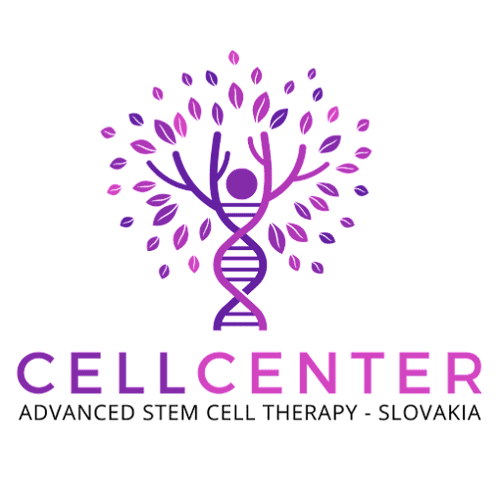
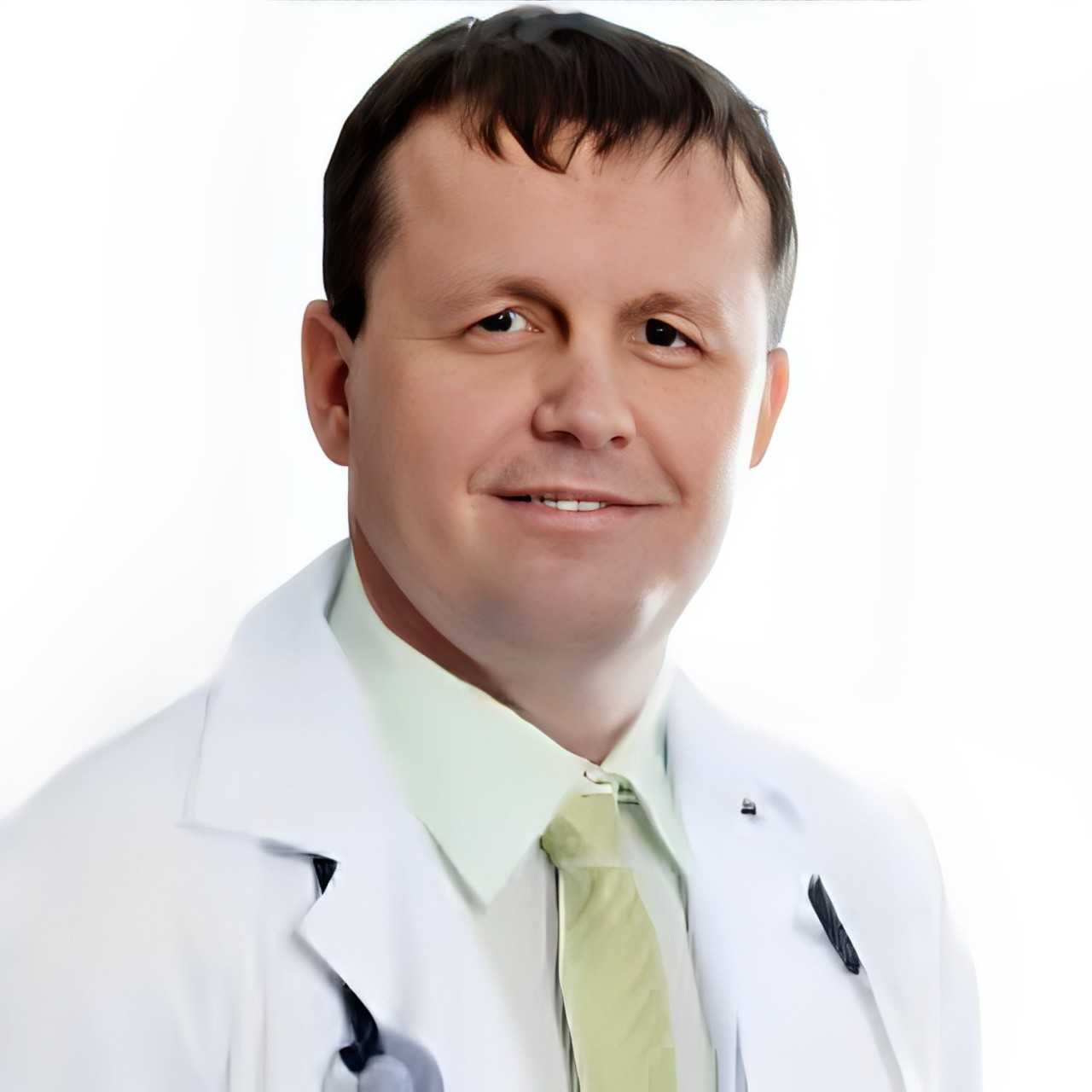


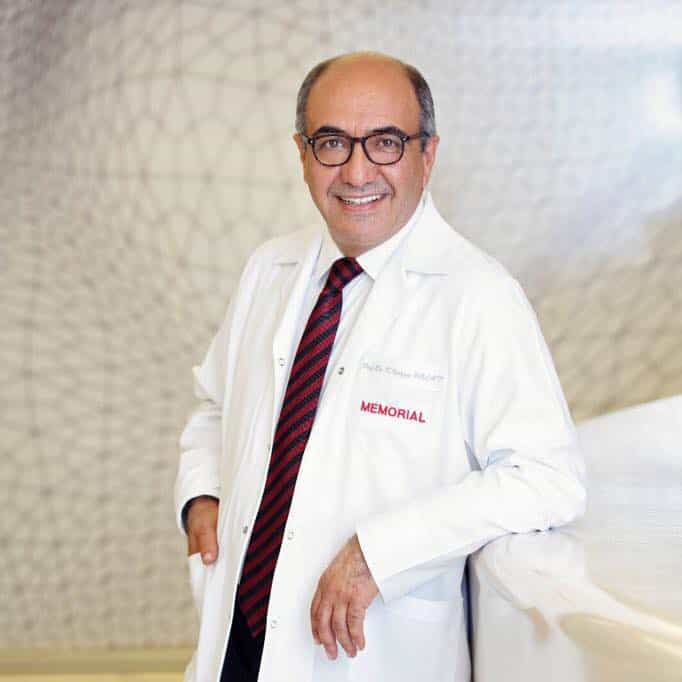
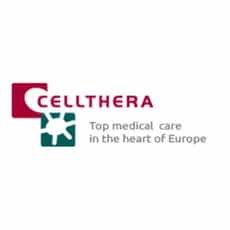


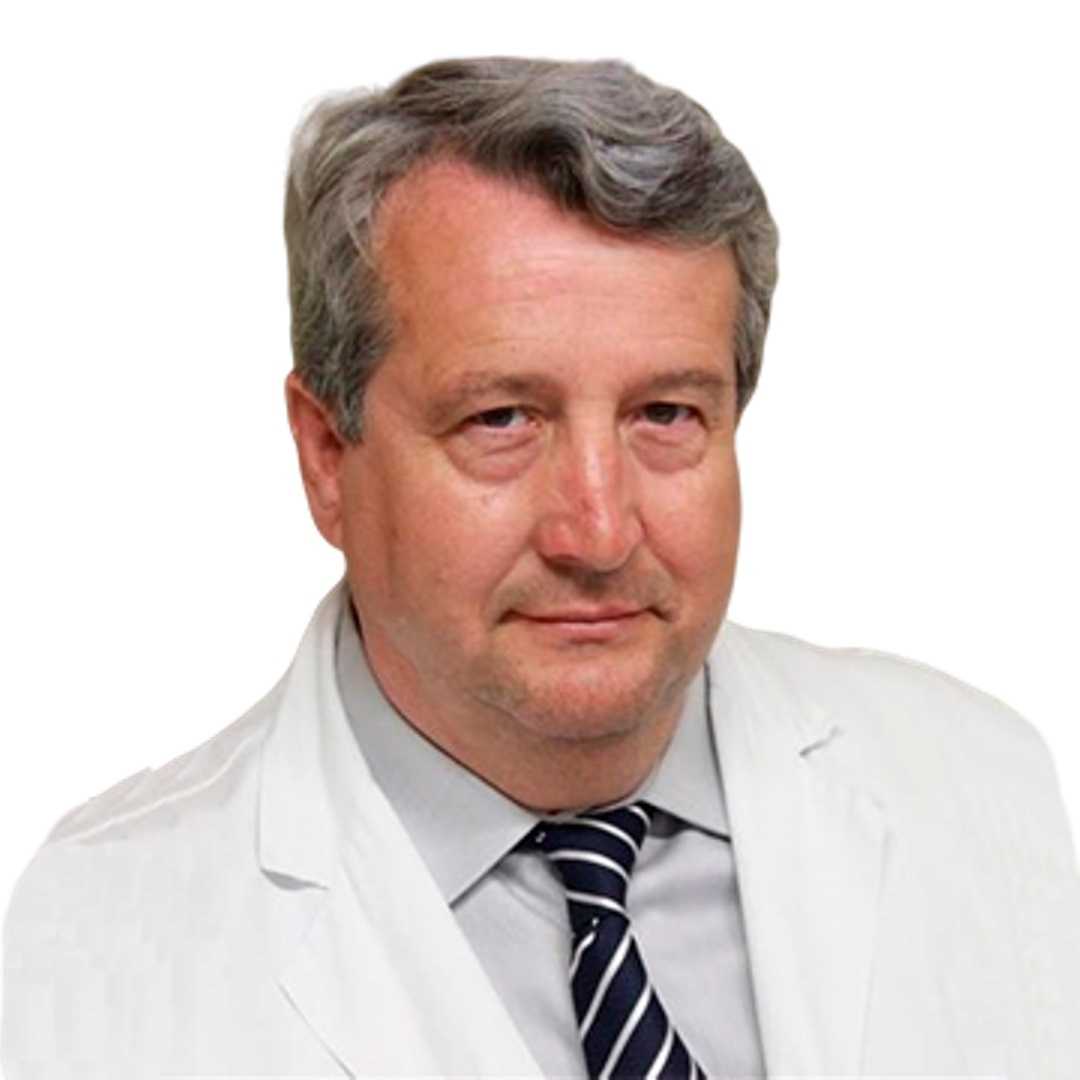
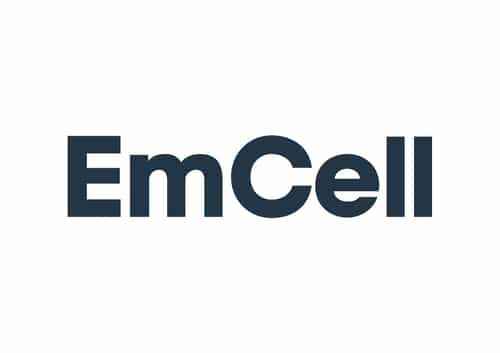
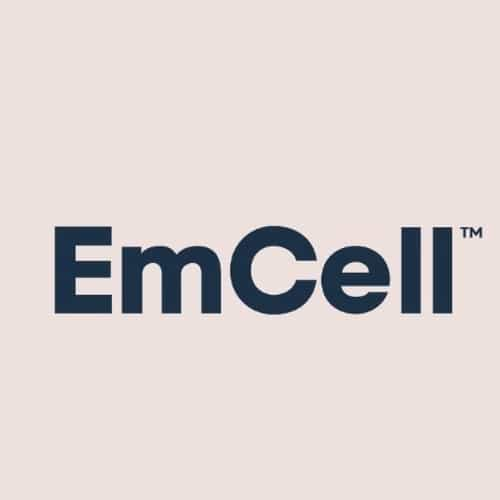


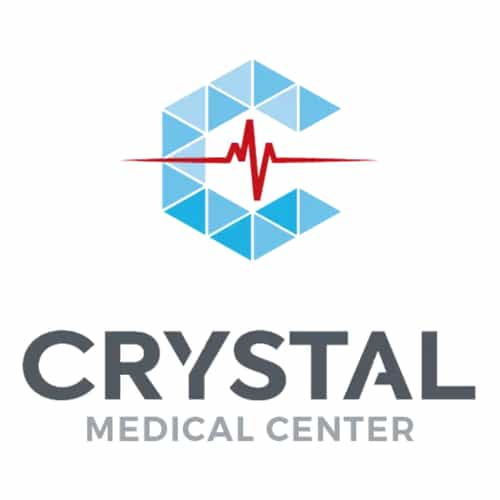
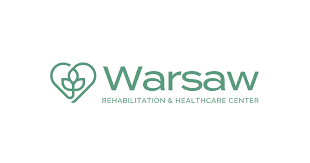


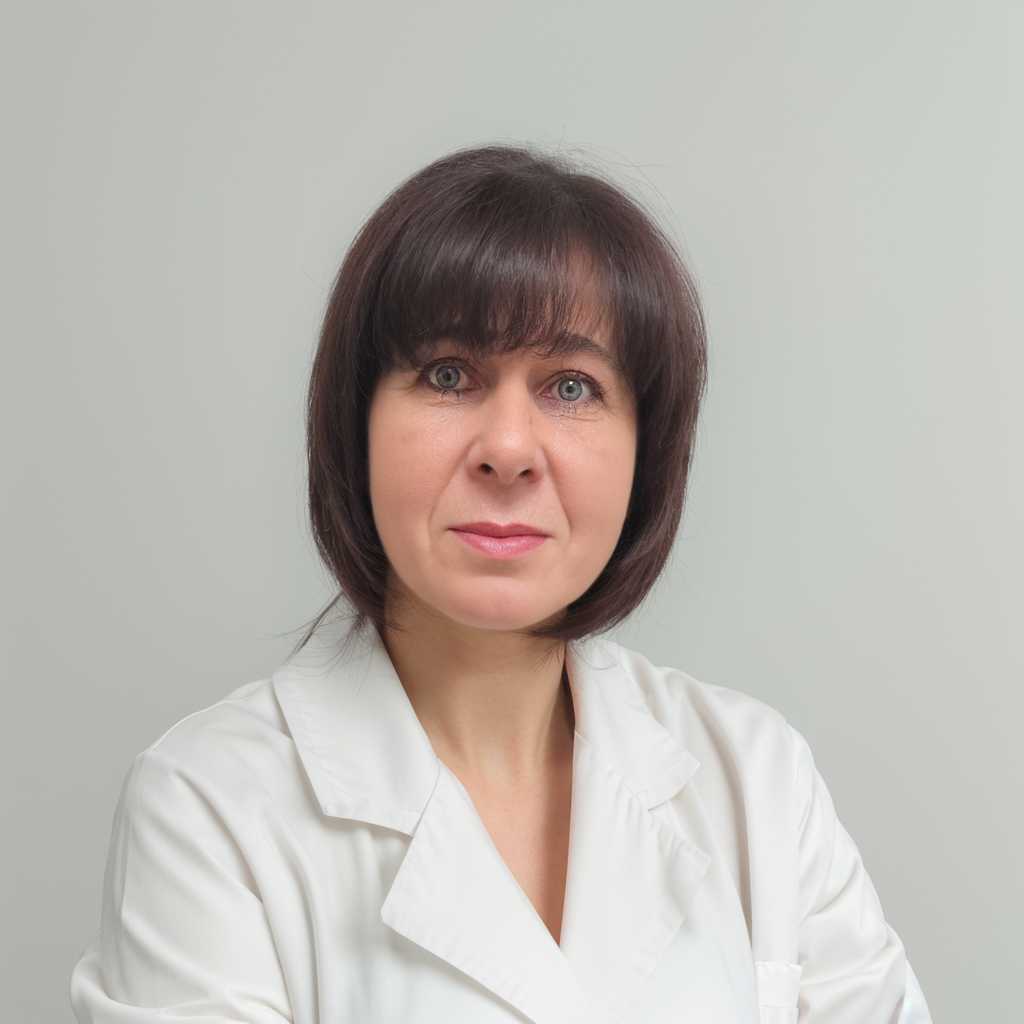
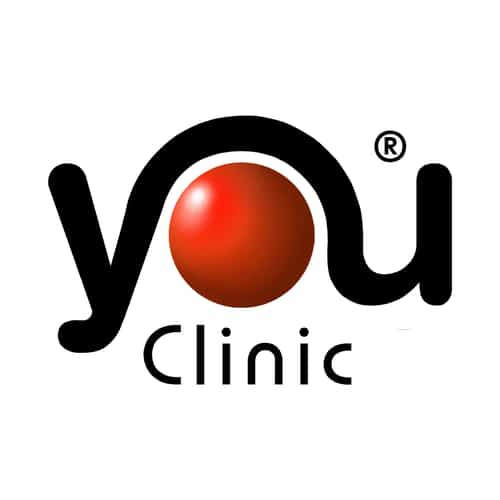
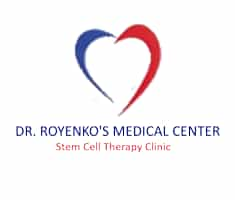
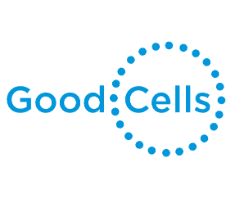

.png)
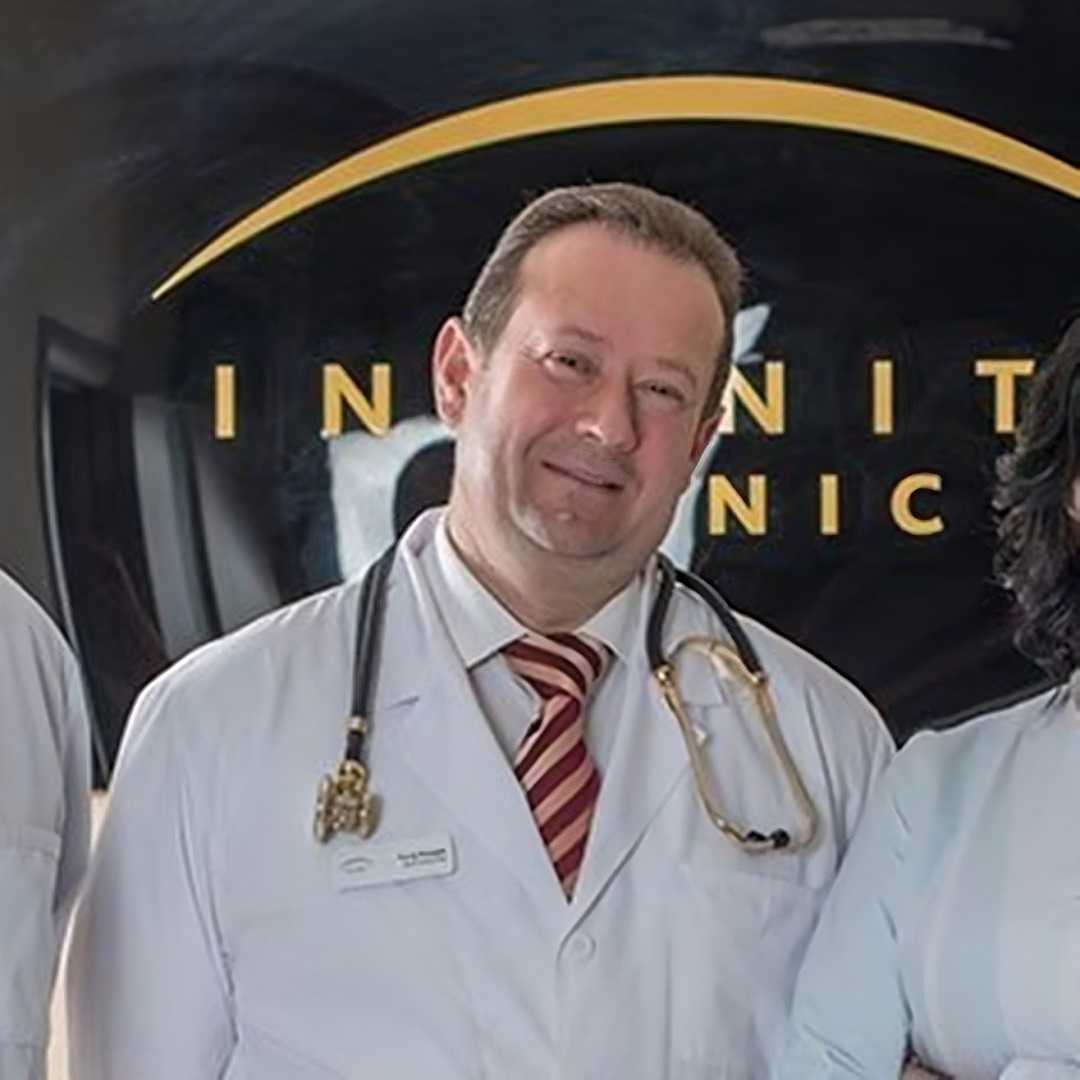

.png)





.png)
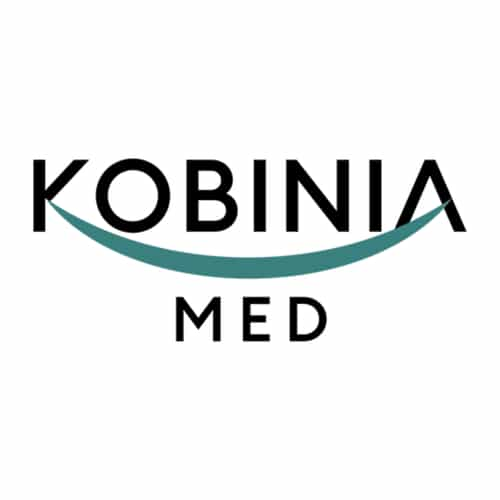


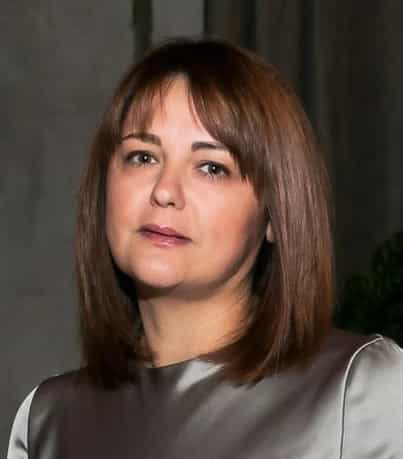



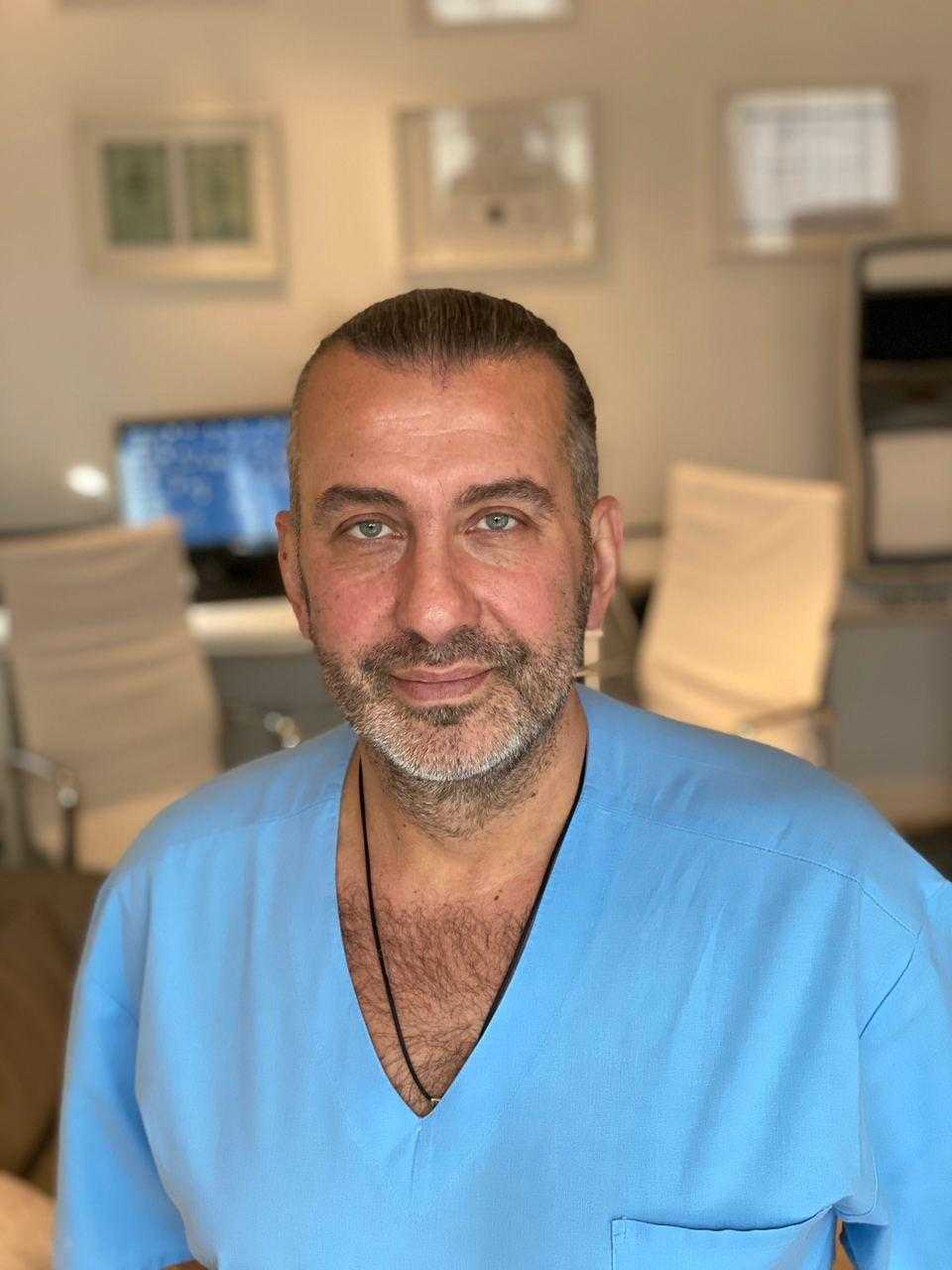



.png)
.png)
.png)
.png)
.png)

Read More